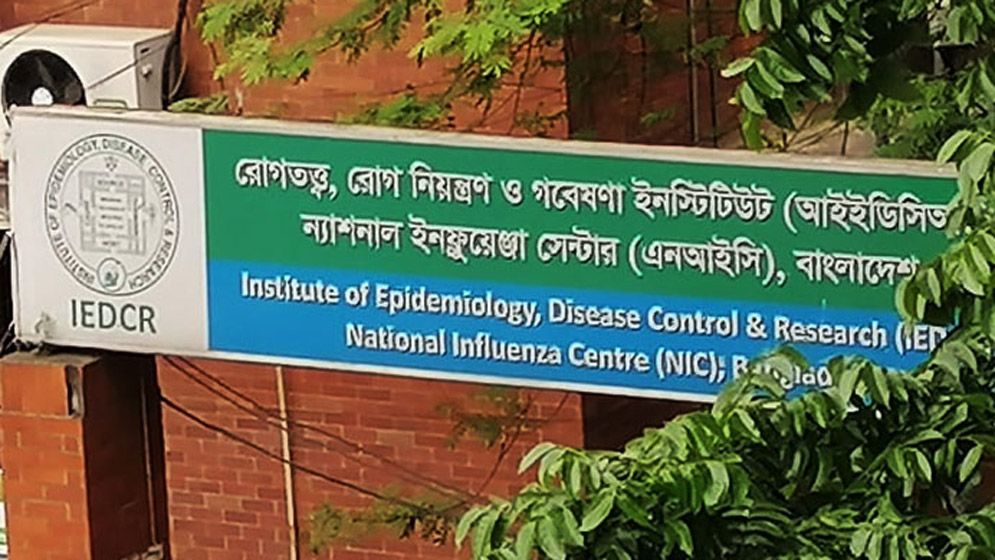The ‘1 Nojor’ media platform is now live in beta, inviting users to explore and provide feedback as we continue to refine the experience.
A new report by the Institute of Epidemiology, Disease Control and Research (IEDCR) reveals that 41% of intensive care unit (ICU) patients in Bangladesh are not responding to any antibiotics, signaling a severe antimicrobial resistance (AMR) threat. The 'National AMR Surveillance Report 2025', presented by Chief Scientific Officer Professor Dr. Zakir Hossain Habib, analyzed samples from 96,477 patients between July 2024 and June 2025 across five ICUs. The findings show that pan-drug-resistant (PDR) bacteria were found in 7% of all samples and 41% of ICU cases, while multi-drug-resistant (MDR) bacteria appeared in 46% of all samples and 89% of ICU cases. The use of WHO watch-group antibiotics rose from 77% to 90.9%, with ceftriaxone and meropenem being the most used. Dr. Habib warned that unregulated and excessive antibiotic use has pushed AMR to a dangerous level, posing a major public health risk for Bangladesh.

The ‘1 Nojor’ media platform is now live in beta, inviting users to explore and provide feedback as we continue to refine the experience.